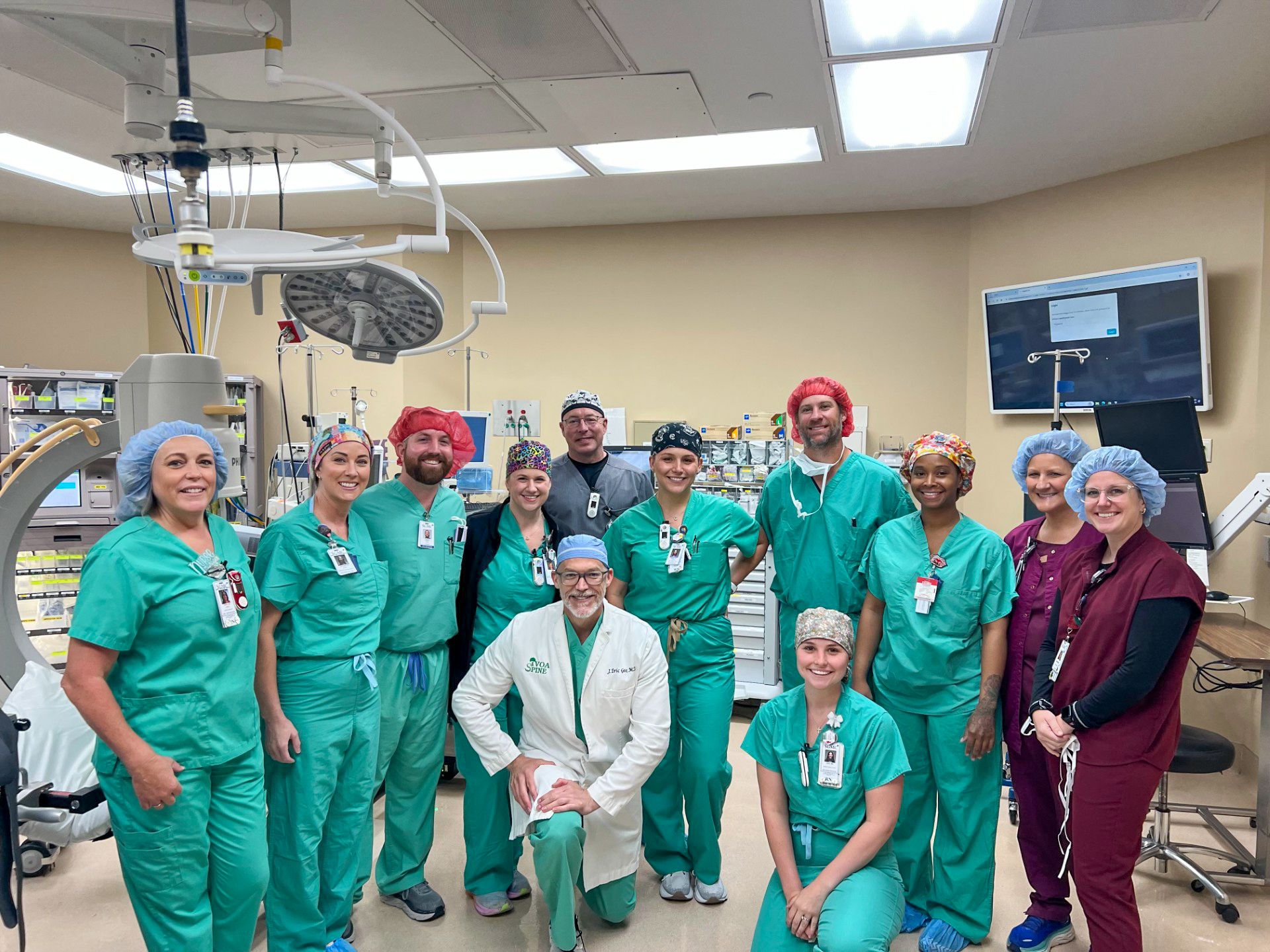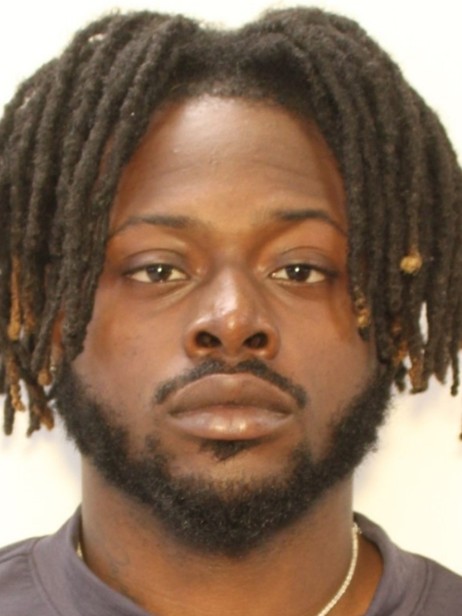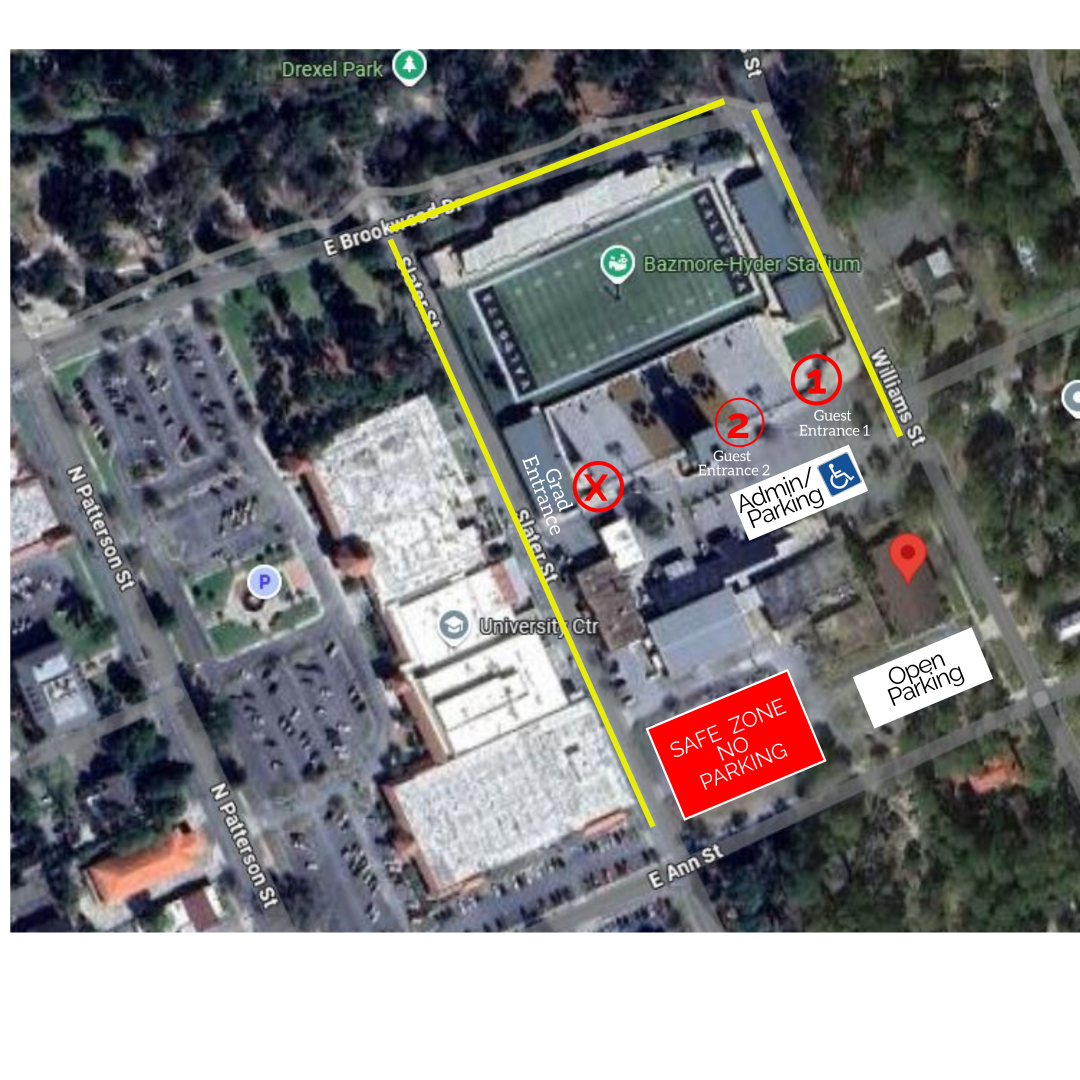POLING: Why people recall disaster fondly
Published 9:00 am Sunday, September 19, 2021
Younger generations probably wondered about one aspect of the 9/11 commemorations last week.
Paying honor to such a tragic day likely made sense to young adults who were children in the late summer of 2001. Shedding a tear, or experiencing a body-shaking shudder, from middle-aged and older adults likely seemed a proper reaction to youngsters born after Sept. 11, 2001.
But they likely could not understand another part of the commemorations last week.
A certain wistful nostalgia.
Not a wish for more attacks, or more deaths, or more horrible surprises and shocks.
But a nostalgia for the spirit of unity that gripped the nation in the days and weeks following 9/11.
In discussing 9/11, it seemed almost everyone recalled the misty days of yore when Americans put aside their differences and stood together in the face of the attacks on the World Trade Center, the Pentagon and the one plane that crashed into a Pennsylvania field.
To younger Americans, it must have seemed a striking realization to hear so many older adults speak of 9/11 almost as if they missed those days.
And yet nostalgia for such events is not unprecedented.
The Nazis believed sustained bombing would not only kill many people and destroy large amounts of property but would crush Britain’s spirit, making England easy pickings for conquest. The British government assumed the same thing given the high number of casualties predicted from a German bombing.
They were all only partly right.
The Blitz did kill hundreds of people and destroyed vast amounts of property but the sustained bombings only strengthened the British spirit and their resolve not to surrender.
As Sebastian Junger writes of the Blitz in his book, “Tribe: On Homecoming and Belonging,” “On and on the horror went, people dying in their homes or neighborhoods while doing the most mundane things. Not only did these experiences fail to produce mass hysteria, they didn’t even trigger much individual psychosis. Before the war, projections for psychiatric break down in England ran as high as four million people, but as the Blitz progressed, psychiatric hospitals around the country saw admissions go down. … ‘Chronic neurotics of peacetime now drive ambulances,’ one doctor remarked. Another ventured to suggest that some people actually did better during wartime.”
Throughout the book, Junger writes of people who survived war as a community.
Some people reported missing war after a war had ended. They didn’t miss the violence and death. They missed the sense of community, of being needed, of being a part of something larger than themselves, according to Junger.
He also writes of a study conducted by Charles Fritz, who served as an observer during the United States Strategic Bombing Survey. Fritz became a critic of the rationale that bombing exhausts morale and eventually studied how communities respond to natural disasters.
In 1961, he opened his report with the line: “Why do large-scale disasters produce such mentally healthy conditions?”
“Disasters, he proposed, create a ‘community of sufferers’ that allows individuals to experience an immensely reassuring connection to others,” Junger writes. “As people come together to face an existential threat, Fritz found, class differences are temporarily erased, income disparities become irrelevant, race is overlooked, and individuals are assessed simply by what they are willing to do for the group.”
Junger describes it as a “fleeting social utopia … enormously gratifying to the average person and downright therapeutic to people suffering mental illness.”
Disaster breeds a sense of belonging.
At least, it can.
Winston Churchill set the tone for the British spirit by intoning that should the nation last another thousand years, his fellow citizens’ response to the Blitz would be remembered as the country’s “finest hour.”
Decades later, many people recalled the Blitz as a time when they were happy because they were part of something larger than themselves.
It is why many people looked wistfully back a week ago at 9/11, because we felt like we were part of something larger.
And one must wonder how we will look back 20 years from now at the pandemic when so many people refused a sacrifice as small as wearing a mask or getting a vaccine.
When even in the face of calamity so many people proved the exception to Fritz’s rule of being assessed by what they are willing to do for the group.
No wonder our children were surprised by our response to memories of 9/11.
Dean Poling is an editor with The Valdosta Daily Times and editor of The Tifton Gazette.





